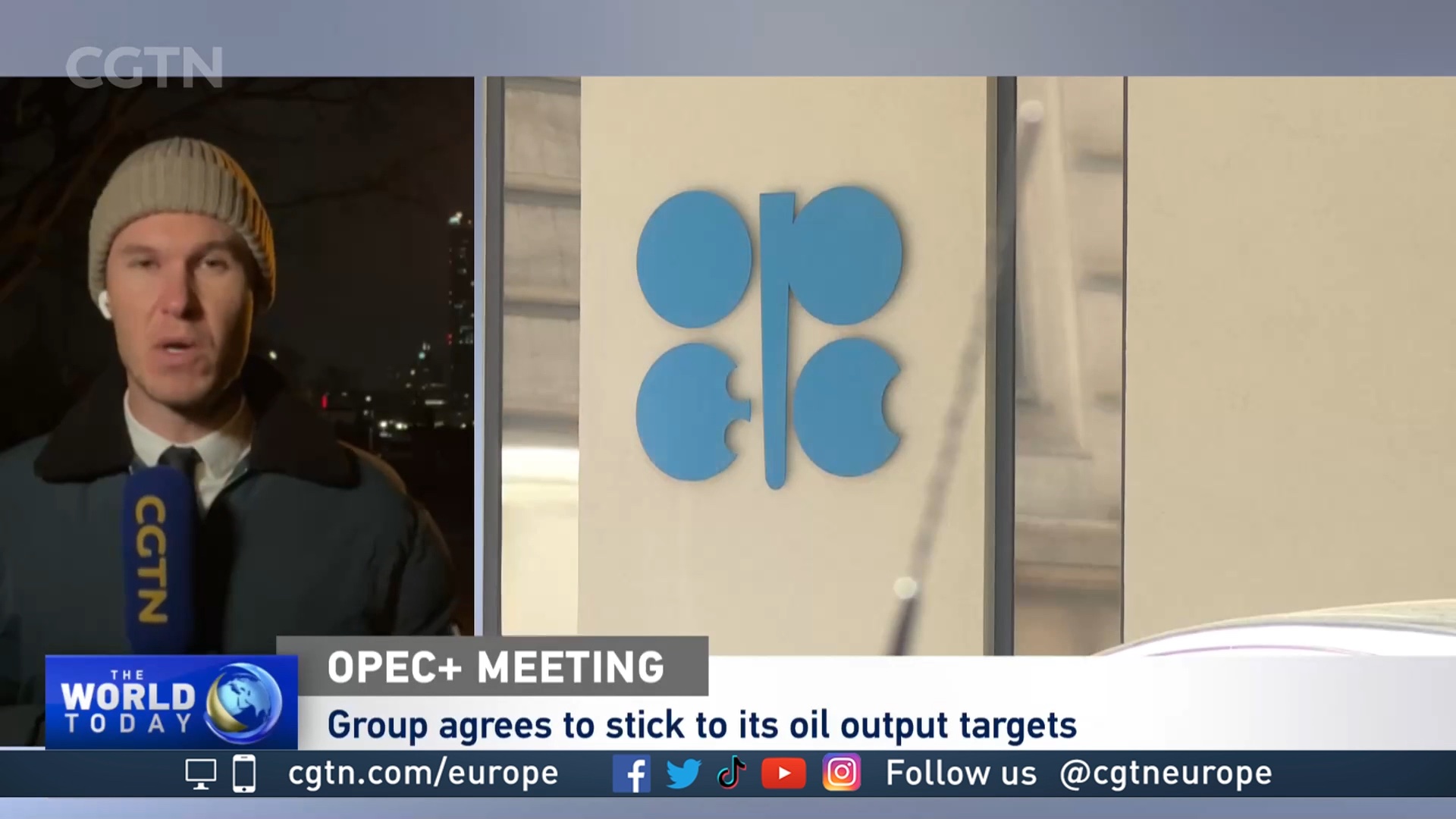02:25

OPEC+ has agreed to keep to its oil output targets as oil markets struggle to assess the impact of Chinese demand and a G7 price cap on Russian oil exports.
OPEC+, made up of the Organization of the Petroleum Exporting Countries (OPEC) and allies including Russia, angered the U.S. and other Western nations in October when it agreed to cut output by 2 million barrels per day, about 2 percent of world demand, from November until the end of 2023.
Washington accused the group and one of its leaders, Saudi Arabia, of supporting Russia despite its actions in the Ukraine war.
READ MORE
Spanish police raid Europe's drug 'super cartel'
The family with six generations of UK-China trading
China's forgotten heroes
OPEC+ said it had reduced output because of a weaker economic outlook. Oil prices have dropped since October due to slower Chinese and global growth and higher interest rates, prompting speculation the group could reduce output again.
However, on Sunday the oil producers agreed to keep the policy unchanged. Its key ministers will next meet again on February 1 for a monitoring committee, with a full meeting set to take place on June 3 and 4.
On Friday, G7 nations and Australia agreed a $60 per barrel price cap on Russian seaborne crude oil, a bid to block Russian revenue while still keeping Moscow's oil flowing to global markets.
The Kremlin said it would not sell its oil under the cap and was considering how to respond.

Falling oil prices had prompted fears of reduced output. /Dado Ruvic/Illustration/Reuters
Falling oil prices had prompted fears of reduced output. /Dado Ruvic/Illustration/Reuters
Many analysts and OPEC ministers have said the price cap is probably inefficient as Moscow is now selling most of its oil to countries like China and India.
Neither an OPEC meeting on Saturday nor the OPEC+ meeting on Sunday discussed the Russian price cap, sources said.
However, several OPEC+ members reportedly expressed frustration at the agreement, saying the anti-market measure could ultimately be used by the West against any producer.
Source(s): Reuters